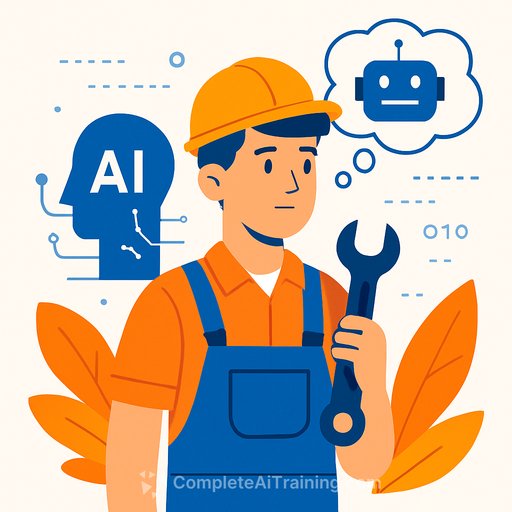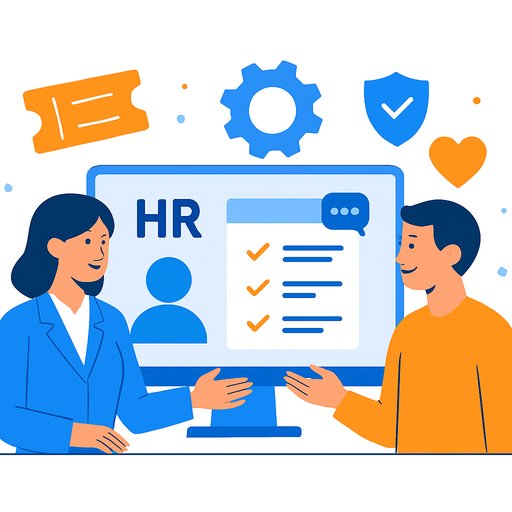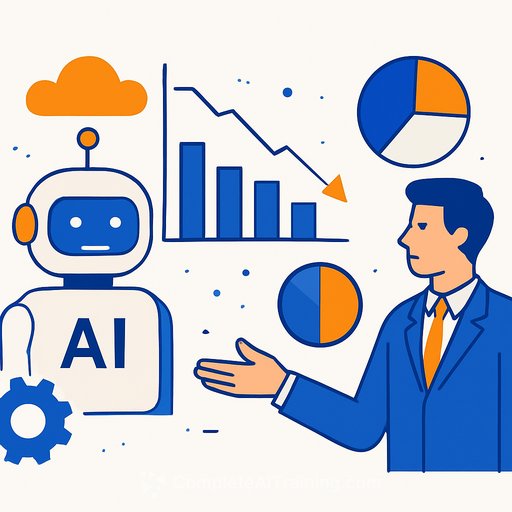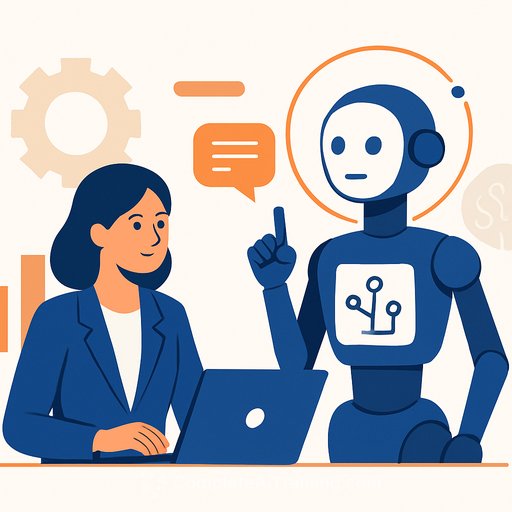Gen Z's 'AIxiety Pivot': Rethinking Careers in Response to AI
New data reveals that a significant number of Gen Z workers in the U.S. are reconsidering their career paths due to concerns about the impact of artificial intelligence (AI) on job security. A recent survey of 1,000 Gen Z employees shows that 43% have already adjusted their career plans because of AI-related uncertainty.
This trend, dubbed the "AIxiety Pivot", reflects a proactive shift among young professionals who are seeking stability and purpose amid fears of job displacement by AI technologies.
Why Blue-Collar Work Is Gaining Appeal
More than half of Gen Z respondents (53%) expressed interest in blue-collar and skilled trades careers such as construction, plumbing, and electrical work. This shift is driven not only by AI concerns but also by perceptions of these roles offering:
- Higher pay than expected (50%)
- More job opportunities (44%)
- Greater flexibility and independence (35%)
- Faster entry into the workforce without needing a college degree (19%)
- Avoidance of student loan debt (18%)
However, some barriers remain. Physical demands of the work (38%), limited prospects for upward mobility (19%), and a perceived lack of prestige (14%) continue to deter some from fully embracing these roles.
Other Career Interests and AI-Proof Roles
Aside from blue-collar jobs, Gen Z is also considering:
- People-focused professions (47%)
- Creative careers (31%)
- Tech and AI-related roles (30%)
- Self-employment opportunities (28%)
- Operational and administrative positions like HR (12%), seen as relatively AI-proof
This variety highlights a desire for meaningful, secure, and controllable career options in an AI-impacted job market.
AI Anxiety and Its Effect on Career Confidence
Concerns about AI’s influence on employment are widespread. Nearly three-quarters (72%) of Gen Z workers believe AI will reduce entry-level white-collar job opportunities within the next five years. Moreover, 65% doubt that their college degrees will shield them from AI-driven job losses, and 18% lack confidence that their current careers will remain relevant over the next decade.
In response, many are taking action. Forty percent are upskilling or earning new certifications, while 18% admit to "rage-applying" to jobs out of frustration with the shifting landscape.
For HR professionals, these shifts signal a need to rethink talent acquisition and retention strategies. Supporting upskilling initiatives and recognizing the growing demand for skilled trades and alternative career paths will be key to engaging this workforce.
Supporting Gen Z Through Change
To assist Gen Z workers in adapting to AI-related disruptions, consider:
- Offering clear information about career paths in both traditional and emerging fields
- Providing access to training programs and certifications that build future-proof skills
- Recognizing and addressing biases against blue-collar roles to attract diverse talent
- Creating flexible career development plans that accommodate shifting interests and market demands
Given the rapid changes AI is bringing to the labor market, HR departments can play a vital role in guiding and supporting employees through these transitions.
For those looking to expand their AI-related skill sets, exploring targeted courses can be beneficial. Resources like Complete AI Training’s latest AI courses offer practical pathways to stay relevant in evolving job markets.
Your membership also unlocks:






